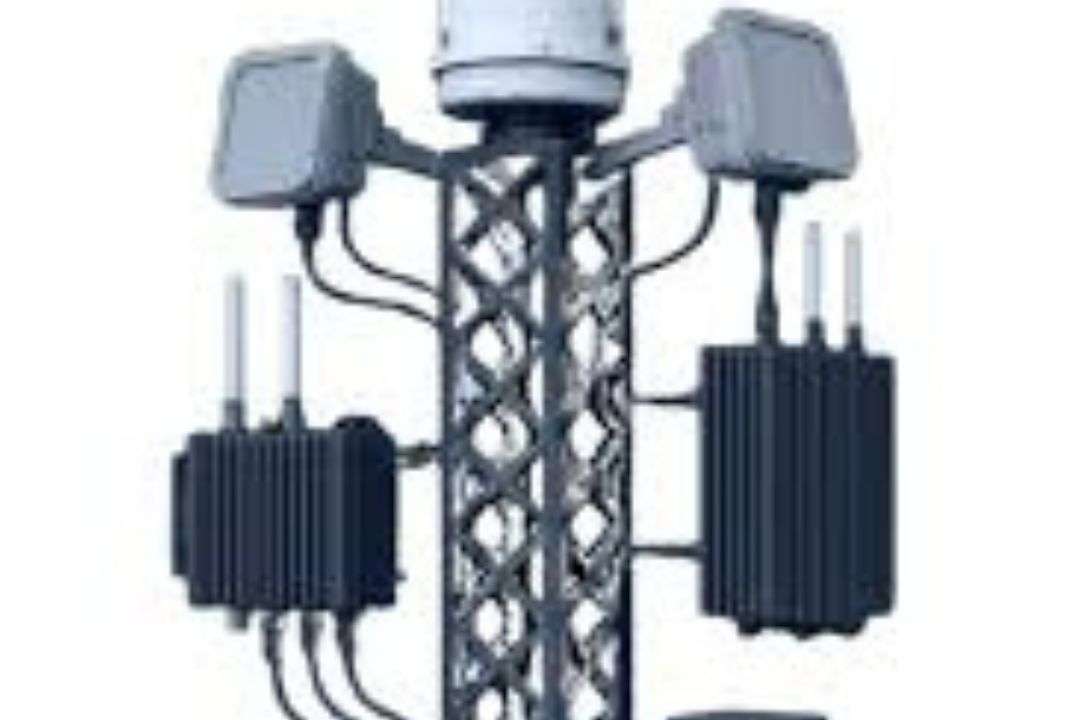Indrajaal, a leading Indian developer of autonomous drone defence technologies, has introduced Indrajaal Infra, a dedicated solution for safeguarding critical national infrastructure. This new system is engineered to protect high-value sites such as nuclear power plants, oil refineries, seaports, airports, and power grids against increasing threats from drone-based attacks.
Powered by the company’s proprietary SkyOS™ platform, Indrajaal Infra delivers autonomous, real-time airspace protection over areas extending up to 4,000 square kilometers. The system combines artificial intelligence-based threat detection with a multi-layered defence framework—integrating sensors, spoofers, jammers, and advanced command protocols—to provide uninterrupted, round-the-clock security against unauthorized drone activity.
The system has already been deployed at a key naval installation in Gujarat following successful performance during recent cross-border escalations. Installation is also in progress at the largest naval port in Karnataka, representing a significant step in reinforcing the defence of India’s maritime and industrial assets.
The timing of this launch follows a recent escalation in drone threats along the western border during the India–Pakistan conflict. Although many of these incursions were intercepted, the events revealed vulnerabilities in conventional surveillance and perimeter security systems.
“Preparedness during peacetime serves as the most effective insurance in times of conflict,” said Kiran Raju, Founder and CEO of Indrajaal. “Protecting strategic assets before they are targeted is far more cost-effective than recovering from an attack. Indrajaal Infra supports uninterrupted operations, national resilience, and the preservation of sovereign infrastructure in the face of evolving threats.”
The proliferation of commercial drones has significantly altered the landscape of modern conflict, introducing a low-cost, high-impact method of conducting asymmetric warfare. Both state and non-state actors are now able to exploit these technologies to inflict damage on critical infrastructure with minimal investment. Incidents such as the Pelham oil terminal strike, energy facility attacks in Sudan, and repeated assaults on infrastructure in Ukraine underscore the ease with which drones can bypass conventional defences and disrupt billion-dollar assets.
The economic consequences of drone attacks are severe and immediate. A single strike on a refinery can halt production, resulting in daily losses ranging from ₹400 to ₹800 crore. Logistics hubs and ports, vital to national and international trade, face extended periods of downtime following an attack, which in turn causes supply chain delays and revenue disruption. Even more critical is the threat to energy grids and nuclear facilities, where damage can lead to widespread power outages, paralyse city-scale infrastructure, and trigger cascading failures across essential services.
From a defence standpoint, drones present a unique challenge. Operating below radar thresholds and outside fixed security perimeters, they can infiltrate sensitive zones undetected. Their use during peacetime poses a strategic dilemma, as they chip away at the credibility of existing deterrence frameworks and offer adversaries a tool for psychological and tactical advantage. This silent vulnerability erodes the confidence in traditional military preparedness and creates new entry points for hostile incursions.
The reactive mobilisation of military and security personnel following drone attacks imposes additional stress on national defence systems. Resources meant for core missions are diverted to emergency response, compromising broader strategic objectives. With the frequency and sophistication of drone threats on the rise, the current approach to infrastructure protection is increasingly unsustainable, making autonomous, AI-enabled counter-drone systems a critical requirement for future readiness.Indrajaal Infra offers a scalable, plug-and-play defence solution that integrates seamlessly with existing infrastructure and supports future expansion. Built with a C5ISRT-ready architecture, the system enables real-time detection, decision-making, and autonomous neutralization of threats.
The company is currently collaborating with national and regional agencies, defence forces, and strategic enterprises to expand the deployment of Indrajaal Infra across India’s most critical and economically essential infrastructure zones. Indrajaal is a leading force in next-generation air defense, specializing in AI-driven drone infrastructure solutions. Backed by over 15 years of expertise in autonomous technologies and supported by three decades of defense manufacturing heritage, Indrajaal is developed entirely in India to deliver high-precision anti-drone systems. The company plays a vital role in securing critical infrastructure, urban centers, and military assets through cutting-edge autonomous technologies. As a pioneer in the field, Indrajaal has introduced innovative capabilities such as anti-drone systems, drone ports, aerial traffic management, and drone highways. With a focus on long-term resilience and technological advancement, Indrajaal is setting new standards in aerial security and national defense.








